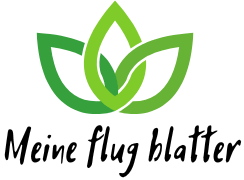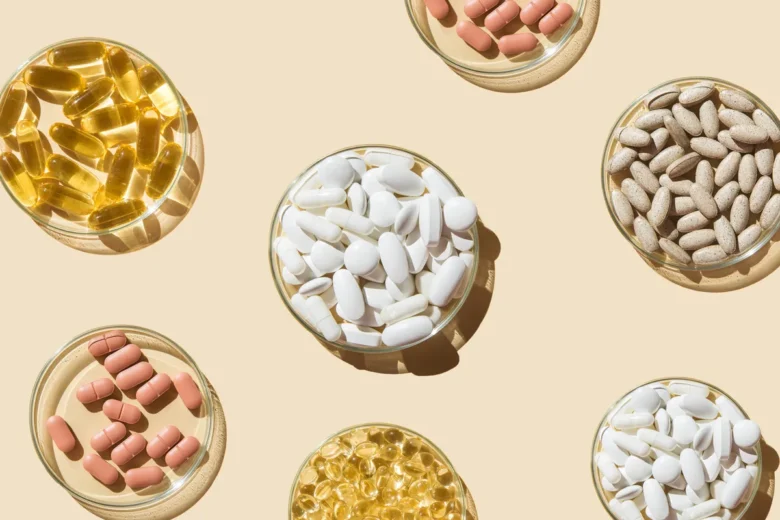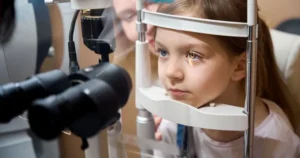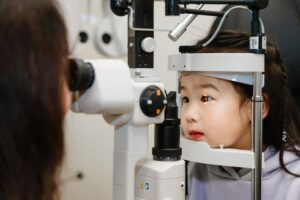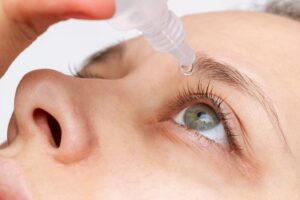Even though your eyes are an important part of your daily life, you may not give them enough attention in your health routine. Luckily, you don’t have to spend a lot of money on medicines to keep your eyes healthy. Many of the vitamins your eyes need can be found naturally in foods you eat every day.
This piece will list the best vitamins for eye health, explain how they work, and show you where to find them naturally. This will make it easy to eat foods that are good for your eyes.
What Eye Vitamins Do for You
Your eyes are more likely to get dry and strained and develop long-term conditions like cataracts and macular degeneration as you get older or spend more time in front of a computer. Vitamins give you:
- Protect the cells in your eyes from reactive stress.
- Make the lens and eye stronger.
- Help with color and night vision
- Stop or slow eye diseases that come with getting older
Here are some of the best vitamins for your eyes and the foods that give them to you.
1. Vitamin A is important for seeing at night
Rhodopsin is a protein in the eyes that helps you see in dim light. Vitamin A helps make it. It also keeps the eye clear and lowers the chance of going blind at night.
- From natural sources:
- Boswellia
- Potatoes with sugar
- Spinach
- Kale
- Liver
Tip: Vegetables that are bright or dark green tend to have a lot of beta-carotene, which your body turns into vitamin A.
2. Vitamin C: Helps Protect Against Free Radicals
Why it’s good for you: This strong antioxidant helps keep the blood vessels in your eyes healthy and may lower your risk of getting cataracts and AMD.
- From natural sources:
- Citrus and orange foods
- Strawberry
- Peppers of bell
- Coleslaw
- Kakao
Tip: To get the most vitamin C, eat fruits and veggies raw. Cooking them can lower the amounts.
3. Vitamin E: Keeps eye cells healthy
What it does: Vitamin E fights off free radicals that hurt eye cells and make you age faster. It is very important to keep the eye safe.
From natural sources:
- Sunflower seeds
- Pecans
- Hash browns
- Avocados
- Spinach
Tip: To get more vitamin E into your body, eat foods that are high in healthy fats, like olive oil.
4. Vitamin B2 (Riboflavin) – Keeps cataracts from forming
What it does: People who get riboflavin may be less likely to get cataracts because it helps lower reactive stress.
From natural sources:
- Eggs
- Milk
- Yogurt
- Mushrooms
- Full-grains
Tip: To make sure you get enough B vitamins every day, eat a range of whole grains and cheese.
5. Vitamin B12: Helps the optic nerve work
What it does: Vitamin B12 helps keep the optic nerve healthy and can lower the chance of losing your sight if the nerve gets hurt.
From natural sources:
- Eggs
- Milk and other dairy goods
- Lots of fish, like salmon and tuna
- Chicken
- Cereals with added nutrients (for vegetarians)
Tip: Since B12 is mostly found in animal products, vegetarians may need to be very careful about how much they eat.
6. Lutein
These strong antioxidants build up in the eye and help block dangerous blue light, which lowers the risk of AMD and cataracts.
From natural sources:
- Kale
- Spinach
- Corn
- Eggs
- Peas in green
Tip: Small amounts of cooking, like warming spinach, can help your body process lutein better.
Nutrient Chart: Best Vitamins for Eyes & Their Natural Sources
| Vitamin | Main Benefit for Eyes | Top Natural Sources |
|---|---|---|
| A | Night vision, clear cornea | Carrots, Sweet Potatoes, Kale |
| C | Antioxidant, cataract prevention | Oranges, Broccoli, Bell Peppers |
| E | Protects eye cells from free radicals | Sunflower Seeds, Almonds, Avocados |
| B2 | Cataract prevention | Eggs, Dairy, Mushrooms |
| B12 | Supports optic nerve health | Fish, Eggs, Fortified Cereals |
| Lutein/Zeaxanthin | Filters blue light, prevents AMD | Spinach, Kale, Eggs, Corn |
FAQs: Eye Vitamins and Nutrition
Q1: Can I get all these vitamins from food alone?
Yes, most people can meet their vitamin needs through a balanced diet rich in fruits, vegetables, grains, and lean proteins. Supplements may be needed only in cases of deficiency or specific medical advice.
Q2: Are plant-based diets good for eye health?
Absolutely! A well-planned vegetarian or vegan diet rich in leafy greens, colorful vegetables, and fortified foods can support excellent eye health.
Q3: How can I tell if I’m lacking these vitamins?
Common signs include dry eyes, blurred vision, difficulty seeing at night, or eye fatigue. If you’re concerned, consult an eye care professional or a nutritionist.
Q4: Are vitamin supplements safe for the eyes?
When used correctly, yes. However, it’s best to get nutrients from food. High-dose supplements can sometimes cause harm or interact with medications. Always talk to your doctor before starting new supplements.
Conclusion
Your eye health depends heavily on the nutrients you consume. The best vitamins for eye health—like A, C, E, B2, B12, lutein, and zeaxanthin—are readily available in affordable, natural foods. Prioritize a diet rich in leafy greens, colorful fruits, nuts, dairy, and lean proteins to naturally protect and preserve your vision.
Remember: Healthy eating today helps ensure clear vision tomorrow.
